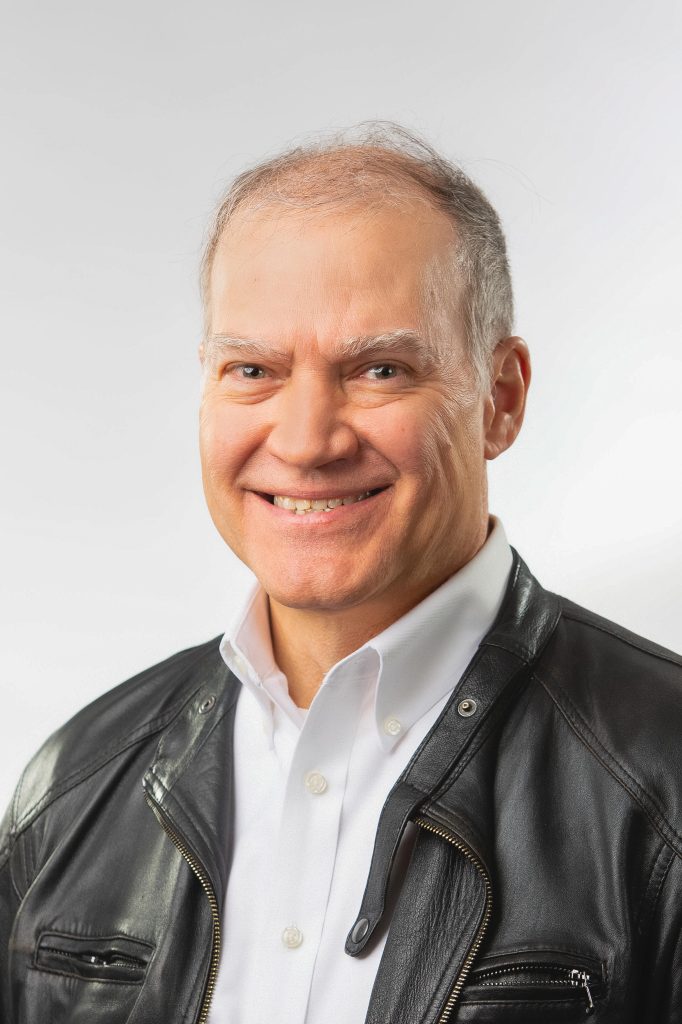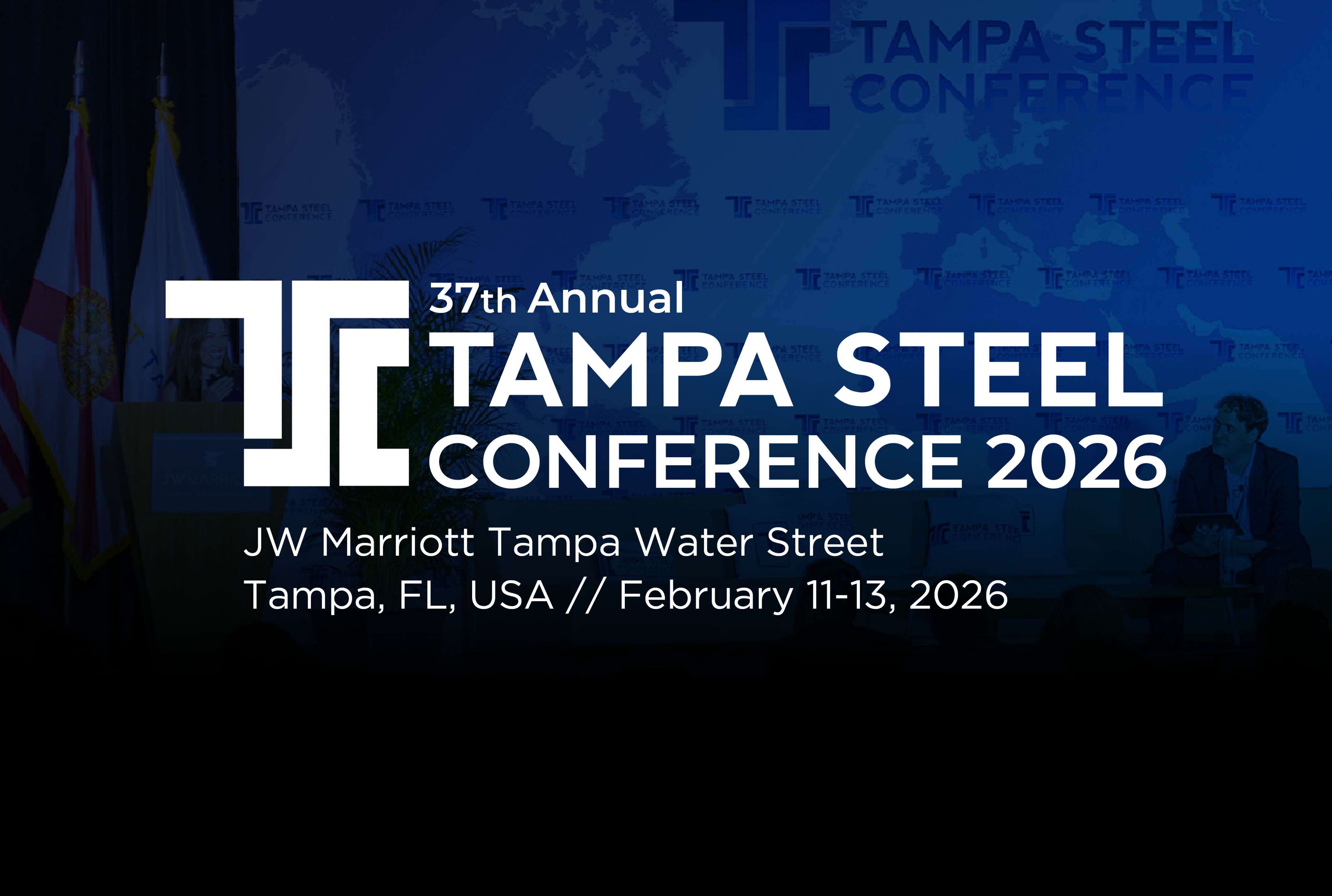Community Events
November 16, 2023
SMU Community Chat: Steel's Place in the EV Transition
Written by Ethan Bernard
The transition to electric vehicles (EVs) from the internal combustion engine (ICE) represents the most signficant structural change in the auto industry’s 110-year history, according to Alan Amici, president and CEO of the Center for Automotive Research (CAR).

Amici, who joined CAR after a more than 35-year career with Chrysler and TE Connectivity, sat down on Wednesday, Nov. 15, for a Community Chat with SMU managing editor Michael Cowden. He discussed topics ranging from EVs, the United Auto Workers (UAW) union’s strategy moving forward, and the takeaways for steel in this time of transition in the automotive sector.
EV Transition
When describing that transition, Amici said, “I think the magnitude of the change is because of the different areas that it hits.”
For illustration, he said it affects R&D, production, technology, supply chains, raw materials, assembly plants, even engineering organizations. “It’s really a far-reaching, broad change,” Amici said.
He noted that CAR keeps track of investments by OEMs in North America. In the last two years (2022 and year-to-date 2023), $92 billion in investments have been announced, 87% of which have been in EVs and EV battery plants. (He said this figure does not include supplier investment.)
Amici pointed out that these are long-term capital investments over the next 10-15 years. “Investments of this size are difficult to change,” he said, adding, “this isn’t a fad that’s going to go away in a year or two.”
Triangulating various data points, he said CAR has estimated that nearly 40% of autos will be electric by 2030.
UAW Labor Pacts
The Community Chat conversation took place on Wednesday, Nov. 15, a day before it was announced that UAW members at General Motors ratified their tentative labor agreement. Ford and Stellantis are widely expected to follow suit, based on UAW vote tracker information for those automakers.
For the broader picture, Amici said the UAW is focused on moving forward and its next steps.
“They have their eyes set on the southeastern US,” he said. He cited the non-union labor force at Volkswagen and Honda in that region as examples. He even pointed to Tesla’s plant in Fremont, Calif., as an eventual target for unionization.
“They want to organize those plants, and they’re ready to go,” Amici said. He noted that the non-union workers saw the gains made through the UAW contracts, which could be enticing.
Takeaways for Steel
In this time of big changes, Amici spoke of the role of steel in the EV transition, laying out two challenges with EVs that steel could help with.
First, EVs are heavy, often up to 2,200 pounds more than their ICE counterparts.
“The need for light-weighting is incredibly important,” Amici said. Here, he cited the need for high-strength and ultrahigh-strength steels.
“How do you take weight out of the vehicle?“ he asked. “Steel will be a part of that solution.”
The other challenging area is safety, Amici said. Steel could play a role in battery enclosures, preventing or limiting a “thermal event,” namely, any heat-related incident with the battery.
“How do you make it lighter, and how do you make it safer?“ Amici said. “The steel industry has a big part in both those areas.”
This is just a snapshot of the talk. To hear the entire conversation, SMU members can watch a replay here.
SMU’s next Community Chat will feature Algoma Steel CEO Michael Garcia on Wednesday, Nov. 29, at 11 a.m. ET. The talk will focus on the current dynamics in the North American sheet and plate markets – as well as some of the particulars of the Canadian market. We will also discuss decarbonization. Click here to register.






